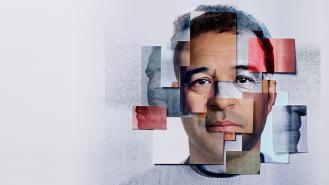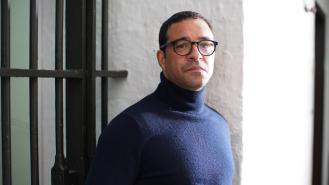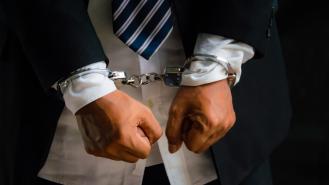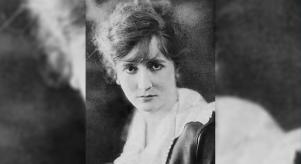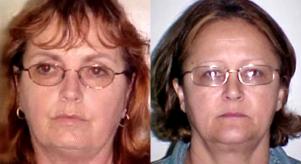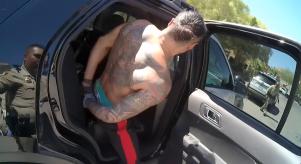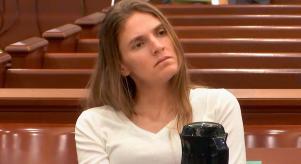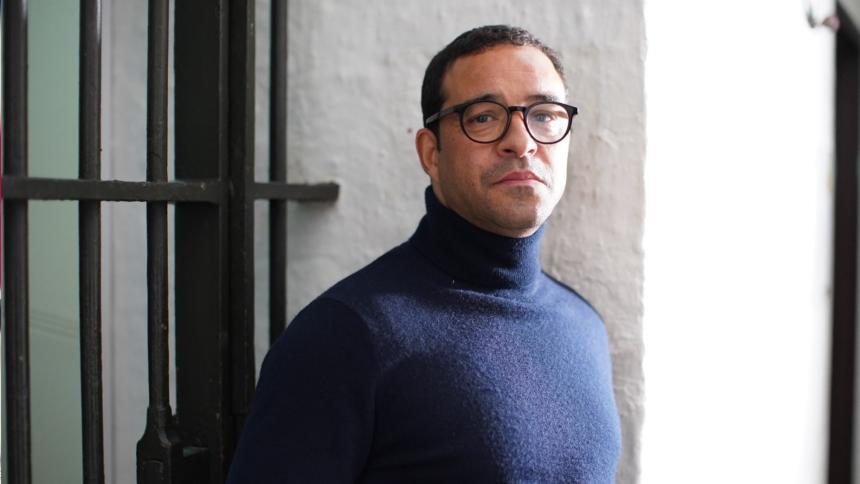
Raphael Rowe: 'Miscarriages of justice are happening all the time'
Investigative journalist Raphael Rowe is exploring some of the most shocking, wrongful convictions in recent British history. Rowe – who spent 12 years in prison for a crime he did not commit - delves into two shocking cases which put innocent men behind bars in his brand-new series British Injustice with Raphael Rowe.
The first episode of the gripping two-part series revisits the wrongful arrest and incarceration of three men - the so-called ‘Cardiff Newsagent Three’ - for the tragic murder of Cardiff businessman Phillip Saunders, in 1987. Meanwhile the second episode looks at the unjust conviction of John Kamara who spent 19 years in prison for the shocking killing of Liverpool betting shop manager John Suffield, who was stabbed to death in broad daylight in 1981.
Crime+Investigation spoke to Raphael about the new series and about the psychological legacy of being wrongly imprisoned.
In your own words, can you sum up the premise of the series?
This show is a deep dive into miscarriages of justice where individuals who have been wrongly convicted and imprisoned take on the challenge of having their convictions overturned from behind the confines of a prison cell.
For the first time, we've explored the impact that miscarriages of justice have on the victim's relatives because they, like those who have been wrongfully convicted, are victims of a miscarriage of justice.
On another level, it's looking at the details of what leads to a miscarriage of justice. What was it that led to individuals being arrested, charged and prosecuted and convicted for crimes that they didn't commit? What failures took place during that process that allowed such a horrific situation to arise?
Why did you want to become involved in the project?
One of the reasons for doing the programme is because of my own experiences of being wrongly convicted. This allowed me to explore some of these issues in a way that maybe some others couldn't because they don't have the same insights that allowed me to ask particular questions of both sides.
This wasn't a series that investigated whether somebody is guilty or innocent. This is a look at historical cases and what went wrong. But more importantly, looking at both sides of the coin, as I say the miscarriage of justice for the individuals who spent time in prison and the miscarriage of justice for the victim's relatives who equally didn't get justice.
Were you aware of any of these cases before you took part in the series?
I was in prison at the same time as Phillip O’Brien and John Kamara, so our paths crossed and I was very aware of their protests.
What was the most shocking thing you discovered when you looked into these cases?
The most shocking element of these cases is it's the physical and psychological damage for both the victim's relatives and for those who spent time in prison.
When you hear the accounts from the victim's relatives of how it's impacted them, they're still traumatised 20-30 years on by what happened. It moves you to the point of tears.
In episode 1, you mention the psychological legacy of being wrongfully imprisoned, can you explain what you mean by that?
The things that you witness and the struggles that you go through from within the confines of a prison cell, mentally scar you for the rest of your life.
When you leave prison there are some behaviours and some memories that you cannot shake off. There is an inability for ex-prisoners to function when they first come out of prison in normal ways.
For example, I was not able to reach for the handle of a door, open it and walk through it for 12 years. I had to wait for a prison guard to do that for me. So, when you are eventually acquitted and released from prison, you lose the ability to do that.
Are there any similarities between the two cases featured in the series which may explain why the miscarriage of justice took place?
In both cases and in my own, it's the non-disclosure of evidence.
It's the reluctance - whether through misconduct or through incompetence - to disclose evidence that should have been available to the defence at the time of the original trial, that could have had a significant impact on the jury's interpretation of evidence.
In both cases featured in the show, the convictions were eventually overturned because of evidence that came to light as it did in my own case.
There was no forensic evidence, in either of these cases. The police and the prosecution relied on the testimony of individuals, witnesses, friends, or the police themselves. There was no real independent evidence. The way the police conducted interviews and the licence they had, before the guidelines under the Crown Prosecution Service were introduced, was another factor.
Is it possible these sorts of miscarriages of justice could happen again?
Miscarriages of justice are happening all the time. I get emails and messages through social media almost daily from the relatives of individuals who are in prison serving long sentences.
In the 80s there was no accountability and oversight in the way police conducted themselves but the police have to be and are more accountable today. They still are the only entity that we have that investigates cases. When they're under the sorts of pressures that politicians put them under - and I'm not saying this as an excuse - it's just one of the reasons that miscarriages of justice happen today as well as back in the 80s.
You spoke to a lot of different people in this series, are there any interviews that stood out for you?
With Michael O'Brien and John Kamara, I could identify with a lot of their journey and with the suffering they went through in prison. So those interviews were really important to me.
For me, the one that stands out was the interview with the 90-year old sister of Philip Saunders, who for the very first time was able to humanise her brother. Being able to sit down and ask her, 'What her brother Philip was really like beyond the caricature of being a murder victim?' was really important. The interview with her was probably for me the most telling.
